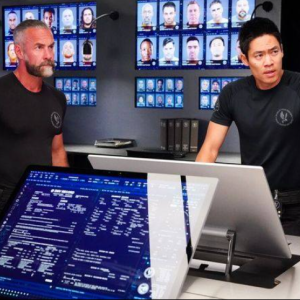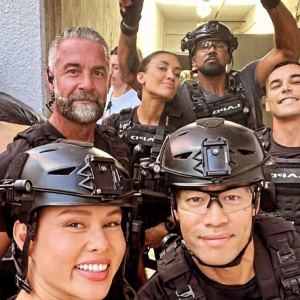The anticipated spin-off, S.W.A.T. Exiles, featuring Daniel “Hondo” Harrelson in a new leadership role, faces a critical narrative challenge: his unexplained and abrupt departure from his beloved 20-Squad in the flagship S.W.A.T. series. Season 8 offered no whisper of reassignment, no conflict hinting at an exit, and certainly no poignant farewell for a character defined by unwavering loyalty. This lack of context creates a gaping void, threatening Hondo’s character integrity and alienating dedicated fans unless Exiles provides a compelling, resonant explanation.
Fans, deeply invested in eight seasons, question why Hondo would simply abandon his tight-knit 20-Squad family. For S.W.A.T. Exiles to earn audience allegiance, it must bridge this narrative chasm urgently. The “20-Squad sacrifice” theory offers the most potent solution: a catastrophic event—a tragedy, scandal, or systemic dismantling—befalls the original unit, forcing Hondo out and compelling him to lead his new squad of “cast-off” officers. Without this foundational event, Hondo’s transition risks appearing as a betrayal of his established values, rather than a painful, necessary evolution.
The stakes extend beyond continuity to Hondo’s character integrity. His identity as a loyal leader is inextricably linked to 20-Squad. Abandoning it without profound justification would shatter eight seasons of meticulously built foundation. Audiences demand answers: What compelled his departure? What happened to his original team? Why this new squad? These are not peripheral details, but emotional anchors determining whether viewers embrace the spin-off as a continuation or a disconnected reboot.
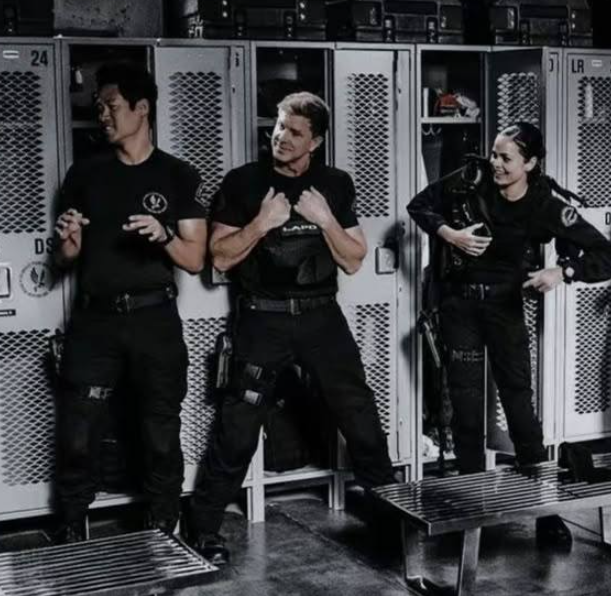
The “20-Squad sacrifice” could manifest in several compelling ways, each offering distinct narrative and emotional depths to justify Hondo’s new role. For instance, a tragic mission gone wrong, where external interference or flawed intelligence leads to a devastating loss within 20-Squad. The ensuing guilt and disillusionment would profoundly impact Hondo, compelling him to seek a new operational model—perhaps where he can better protect his team and pursue justice outside conventional constraints. This trauma would fuel his leadership in Exiles, transforming his mission into one of profound redemption and a relentless pursuit of preventing future losses.
Alternatively, a department-wide scandal could serve as the catalyst. If the LAPD were embroiled in widespread corruption, Hondo, guided by his moral compass, might expose the wrongdoing. This act of defiance could lead to his blacklisting, forced transfer, or even 20-Squad’s disbandment. Hondo would then build a new team rooted in absolute integrity, untainted by politics, dedicated solely to justice, embodying the “Exiles” spirit.
A third possibility lies in the gradual, yet devastating, breakup of Hondo’s team. The scattering of his original crew through promotions, retirements, or transfers could leave Hondo without his core support system. The emotional void would motivate him to embrace the Exiles project, seeing it as an opportunity to rebuild, forge new bonds, and find purpose in leading a fresh cadre of officers also seeking a new beginning.
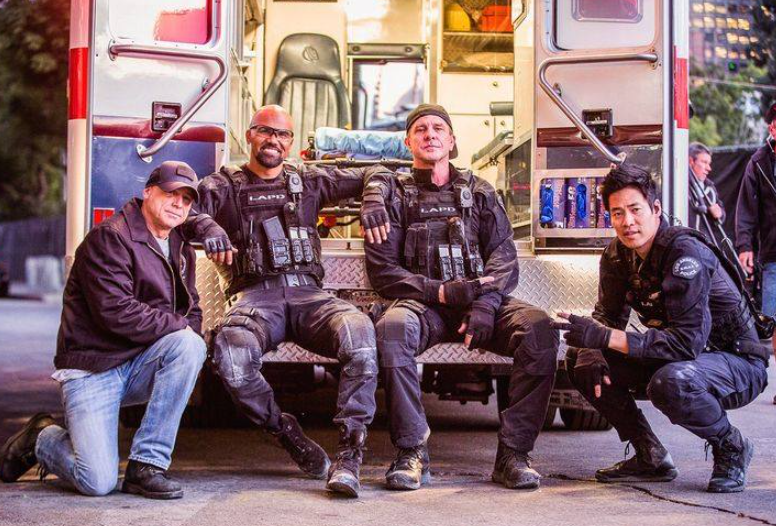
More punitively, Hondo could face forced reassignment. His history of challenging authority might lead superiors to perceive him as a liability. They could “exile” him under the guise of a “leadership opportunity” within a less prestigious unit, perfectly aligning with the spin-off’s theme of second chances for tarnished officers. This would establish a unique dynamic built on shared experiences of being cast aside.
Finally, Hondo could volunteer after a profound crisis. A major city-wide incident, like a devastating terrorist attack, might expose severe systemic flaws, necessitating a radical new law enforcement initiative. Hondo, ever the reformer, would see this as a higher calling—a chance to fundamentally address what is broken within the system, even if it means departing from his established team.
Ignoring this critical narrative gap is immensely dangerous. If Exiles launches without explaining Hondo’s departure, it risks alienating longtime fans and undermining his character development, making the spin-off feel like a superficial reboot devoid of emotional payoff. Conversely, a well-executed “20-Squad sacrifice” could powerfully elevate Exiles. It would imbue Hondo with a profoundly personal mission, transforming him into a man driven by a desire to prevent future tragedies or atone for past losses, making every mission and bond within the new team feel earned and impactful, setting the stage for redemption.
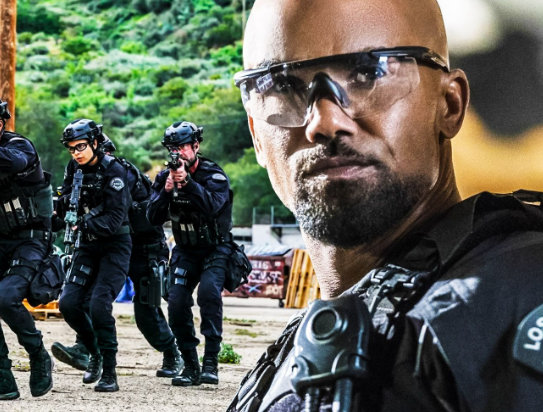
To deliver this crucial narrative, S.W.A.T. Exiles wouldn’t need to reassemble the entire original cast. A thoughtfully crafted flashback episode, placed early in the series, could provide all necessary context. Depicting the fall of 20-Squad or the circumstances of Hondo’s departure would offer vital closure, anchor his new path in tangible loss, and set the stakes for the spin-off. Even a brief cameo from original team members could transform Exiles into a true spiritual sequel.
In conclusion, for S.W.A.T. Exiles to succeed with die-hard fans, Hondo’s transition must be logically and emotionally coherent. A “20-Squad sacrifice”—be it tragic loss, department scandal, forced disbanding, or a crisis-driven personal choice—offers the cleanest, boldest, and most resonant narrative. Hondo should not have abandoned his team for trivial reasons; Exiles must prove his new journey is forged from the profound weight of his past.

